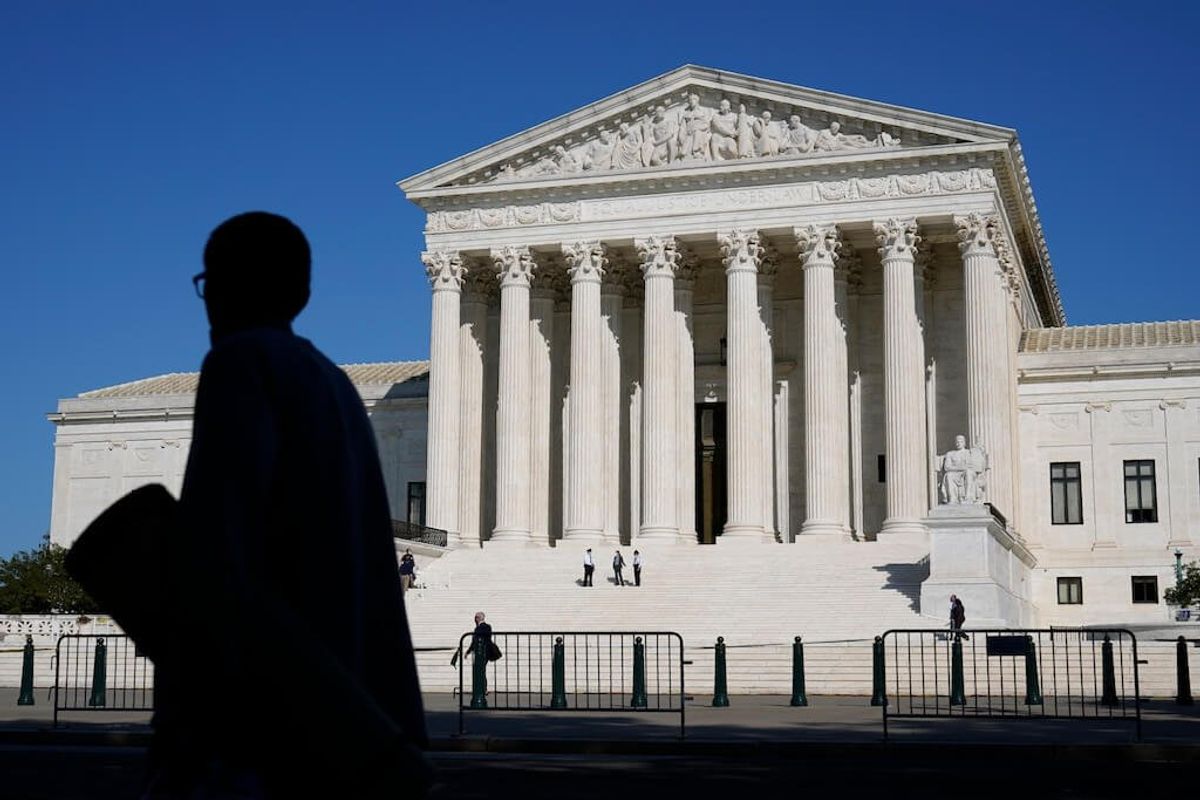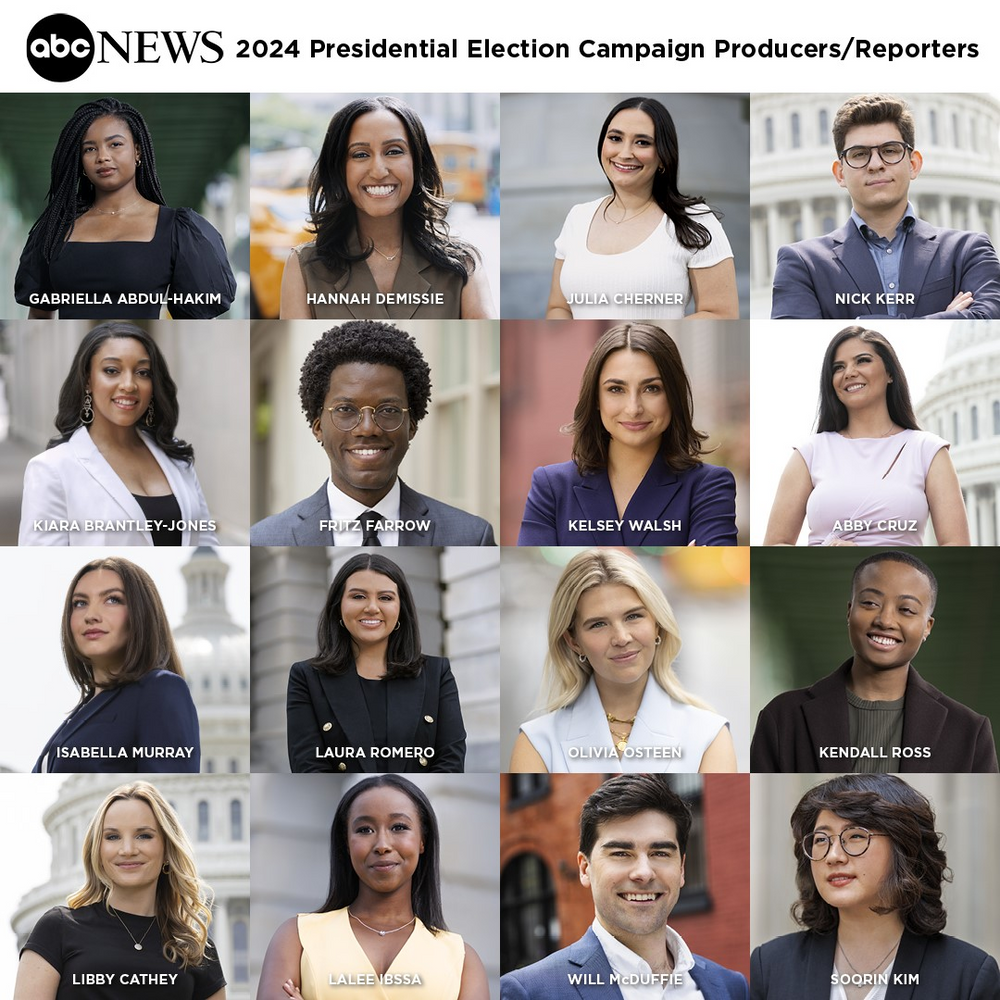
These 3 Issues Could Dominate Deliberation Over Next US Supreme Court Justice
Conservatives and liberals alike have much at stake with U.S. President Donald Trump’s choice of a replacement for the late Supreme Court Justice Ruth Bader Ginsburg, who died last week after 27 years on the bench.
Trump has promised to nominate a conservative, female jurist on Saturday to succeed Ginsburg, the most liberal member of the high court. Whoever Trump taps will cement a new 6-3 conservative majority and play a pivotal role in deciding issues of great consequence to millions of Americans.
Among them: the fate of the Obama-era Affordable Care Act that provides health insurance to millions of people, immigration, abortion rights, and economic and social protections for the LGBTQ community.
In recent years, the Supreme Court has blocked attempts to gut Obamacare and roll back abortion rights while expanding the rights of LGBTQ people.
But those outcomes hailed by liberal forces were achieved by narrow margins. With the almost certain installation of a sixth conservative on the nine-member bench, the balance of power will greatly shift to conservative forces.
These issues will likely dominate the looming Senate confirmation hearings. But the potential nominee – whether federal Judge Amy Coney Barrett of the Chicago-based U.S. Court of Appeals for the 7th Circuit, Judge Barbara Lagoa of the Atlanta-based 11th U.S. Circuit Court of Appeals, Judge Allison Jones Rushing of the U. S. Court of Appeals for the 4th Circuit in Richmond, Virginia, or some other candidate — will likely decline disclosing her views about them.
“If she is asked about Obamacare and Roe and all these things, she's just going to say, ‘I can't discuss cases that might come before me,’ ” said Saikrishna Prakash, a University of Virginia law professor who knows Barrett professionally.
Here is a look at three of the issues that could dominate deliberation over the choice of the next Supreme Court justice:
Obamacare
Ten years after its passage, Americans remain divided over the Affordable Care Act, commonly known as Obamacare, with just over 50% supporting it in polls. While the program narrowly enacted by Congress in March 2010 allows 20 million uninsured Americans to purchase subsidized health insurance, conservatives have long objected to mandatory provisions and say the system is not financially sustainable.
Since its inception and rocky start, Obamacare has weathered repeated legal challenges, including two that made it all the way to the Supreme Court. On November 10, one week after the 2020 presidential election, the high court is scheduled to hear oral arguments in the third significant challenge – this one brought by 20 states led by Texas.
The states contend that after Congress in 2017 eliminated tax penalties for individuals lacking insurance, the individual mandate to buy insurance was rendered unconstitutional, and they want the court to scrap the entire law.
During the past two cases to reach the Supreme Court, Ginsburg and the court’s three other liberal justices joined conservative Chief Justice Roberts to preserve the law.
“But this time will be different,” Russ Feingold, a former Democratic senator from Wisconsin and now president of the left-leaning American Constitution Society, said in a statement. “This time Justice Ginsburg will not be on the bench.”
But it’s far from certain that a new conservative justice will vote to abolish Obamacare altogether even if she finds the individual mandate unconstitutional.
Roberts and two fellow conservatives on the high court subscribe to a doctrine that says even if one part of a law is flawed, the rest should be preserved to the extent possible. Moreover, the Trump administration and Republican congressional leaders have yet to agree on a replacement health care system.
Abortion rights
Few issues are more divisive than abortion rights. Advocates see it as a reproductive right; religious conservatives say abortion is tantamount to murder.
Ever since the high court legalized abortion in 1973 in a landmark ruling known as Roe v. Wade, conservatives have sought to chip away or overturn it.
But the Supreme Court has over the years upheld the precedent, with retired Justice Anthony Kennedy, a Republican appointee, casting the swing vote. This year, Roberts, himself an abortion opponent, joined the liberal wing to strike down a new Louisiana law that would have severely restricted access to abortions, citing precedent in an earlier case.
Now with the prospect of a sixth conservative on the court and more than a dozen abortion cases working their way through the courts, conservative anti-abortion activists see the opportunity for sweeping victories. Trump has already added two conservatives to the high court – Neil Gorsuch and Brett Kavanaugh – almost certain to side with anti-abortion forces.
“This third justice will give us the ability to overturn Roe with a 6-3 majority,” Kristan Hawkins, president of Students for Life, said in a video released after Ginsburg’s death.
LGBTQ Rights
In recent years, with the U.S. Congress deadlocked and unable to act, the Supreme Court has issued a string of landmark decisions expanding LGBTQ rights. The culmination came when the high court legalized gay marriage in 2015.
At the same time, however, the court has increasingly favored religious groups in disputes pitting religious liberty against LGBTQ rights. In 2018, the justices ruled in favor of a Colorado baker who refused to bake a wedding cake for a gay couple on religious grounds.
Another test will come in November when the court takes up a case involving a Catholic charity that does not allow same-sex couples to work as foster parents.
Since Justice Anthony Kennedy, the LGBTQ community’s biggest champion on the court, stepped down two years ago, many lesbian, gay, bisexual, transgender and queer rights activists have feared another conservative appointment could endanger their freedoms and rights.
“There is an enormous amount at stake for the LGBTQ community in this fight,” Lamda Legal, a national legal rights organization, said in a statement highlighting the anti-civil rights records of the three leading candidates to succeed Ginsburg.
But Prakash of the University of Virginia, noted that it was Gorsuch, Trump’s first high court appointee, who wrote a landmark 6-3 ruling this year expanding workplace anti- discrimination protections to LGBTQ workers in Bostock v. Clayton County, Georgia.
“Even if she (Barrett) disagreed with Bostock, it doesn’t matter,” Prakash said, referring to the case about LGBTQ workplace discrimination.
 US Mourners to Bid Supreme Court Justice Ruth Bader Ginsburg FarewellNext PostRepublican Senate Report on Biden’s Son Alleges Conflict of Interest
US Mourners to Bid Supreme Court Justice Ruth Bader Ginsburg FarewellNext PostRepublican Senate Report on Biden’s Son Alleges Conflict of Interest







